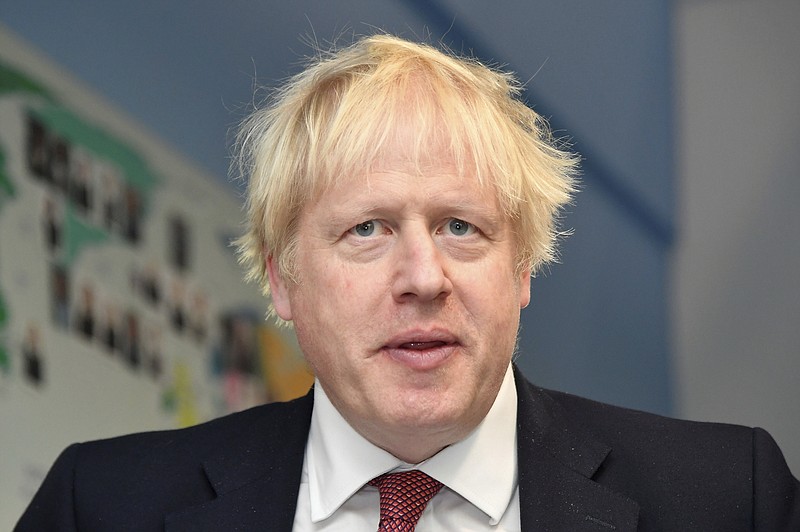LONDON - British Prime Minister Boris Johnson has lost Parliament. But he could still win a general election if enough voters approve of his determination to make Britain's departure from the European Union a reality.
The U.K. leader who took office in July failed spectacularly in his first encounter with Parliament, losing six important votes before suspending the legislature for an unexpected five weeks during a crucial period in Britain's political life. He was unable to convince enough lawmakers to back his call for an early national election, which he hoped would give him a more pliant group of lawmakers.
Despite his inability to get a general election set for mid- October - Parliament voted him down twice on that score - most observers think an early election is now inevitable, in part because Johnson's Conservative Party has lost its working majority in the House of Commons and no longer has enough votes to pass legislation.
Parliament is now suspended - or prorogued - until Oct. 14, but once its session resumes, most scenarios lead to a cross-party agreement to hold an early election that would test Johnson's popularity outside Parliament's Gothic halls in London. Right now the next British election is not scheduled until 2022.
Under a master plan hatched in part by top adviser Dominic Cummings, who played a key role directing pro-Brexit forces during the 2016 referendum campaign on EU membership, Johnson and his team would hope to cast the election as a "people versus Parliament" vote.
In this screenplay, the people - represented by Johnson and his Conservative Party candidates - are the good guys intent on implementing the results of the 2016 Brexit referendum that saw British voters, by a 4% margin, choose to leave the EU. Johnson's Conservative party has been to a large degree purged of moderates who did not share his willingness to countenance a "no-deal" Brexit divorce from the EU and all the economic risks that entails.
Parliament and opposition parties, meanwhile, will be cast as villains determined to thwart the will of the people with endless delays.
The prime minister, well aware that many voters are tired of the whole thing, claims he doesn't want an election but sees it as the only way to make Brexit happen. He can blame the current Parliament for tying his hands with its legislation blocking his ability to pull off a "no-deal" Brexit on Oct. 31, and say the legislators are determined to overturn the Brexit referendum because they don't like the results.
This "us versus them" scenario that Johnson's team is hoping to capitalize on borrows from U.S. President Donald Trump's "drain the swamp" approach, which helped him win the presidency in 2016.
It is too early to predict with clarity what shape a British election would take, since there are too many unknowns, especially about what coalitions could be formed. A key question is whether Johnson will seek an alliance with Nigel Farage's Brexit Party, which could unite Brexit backers.
